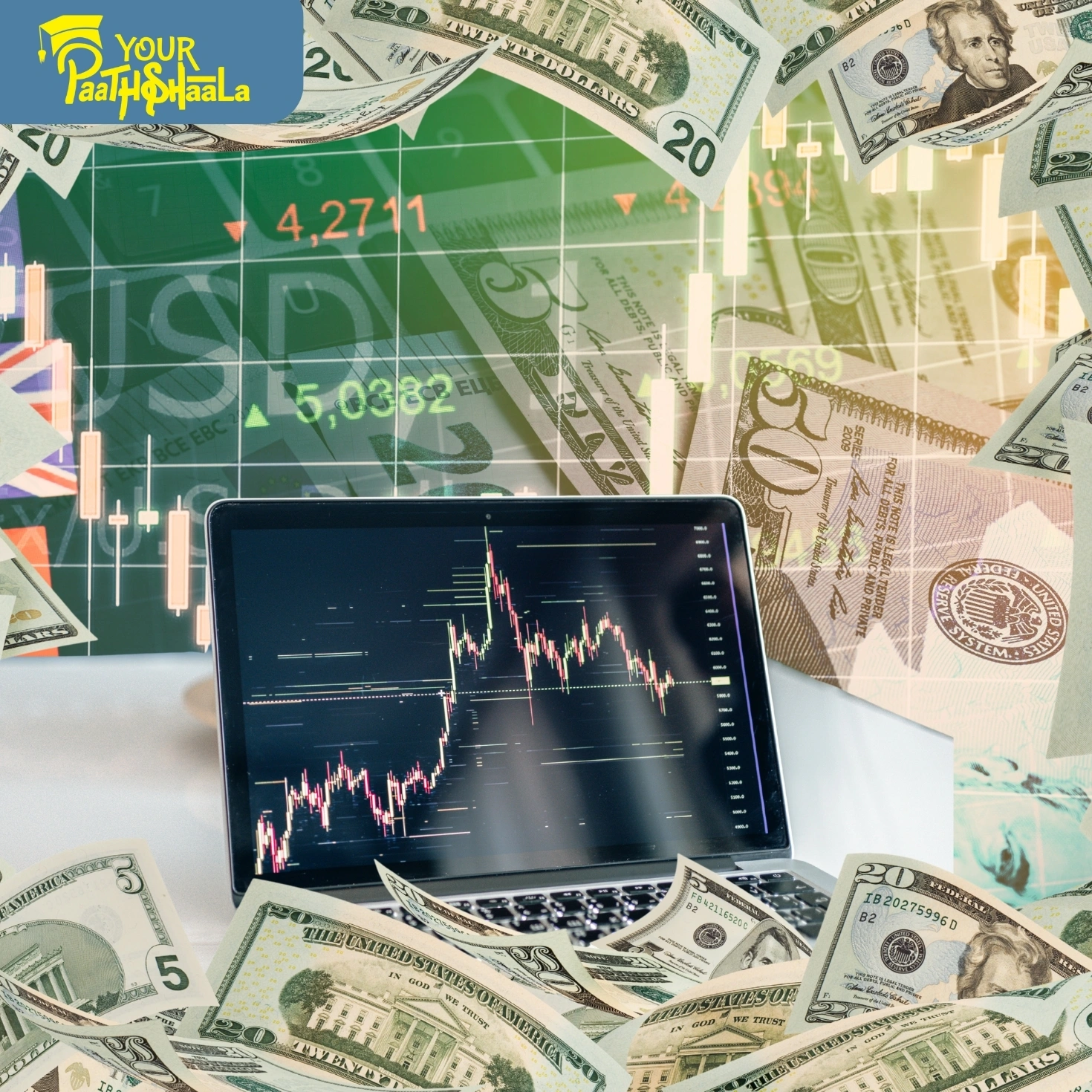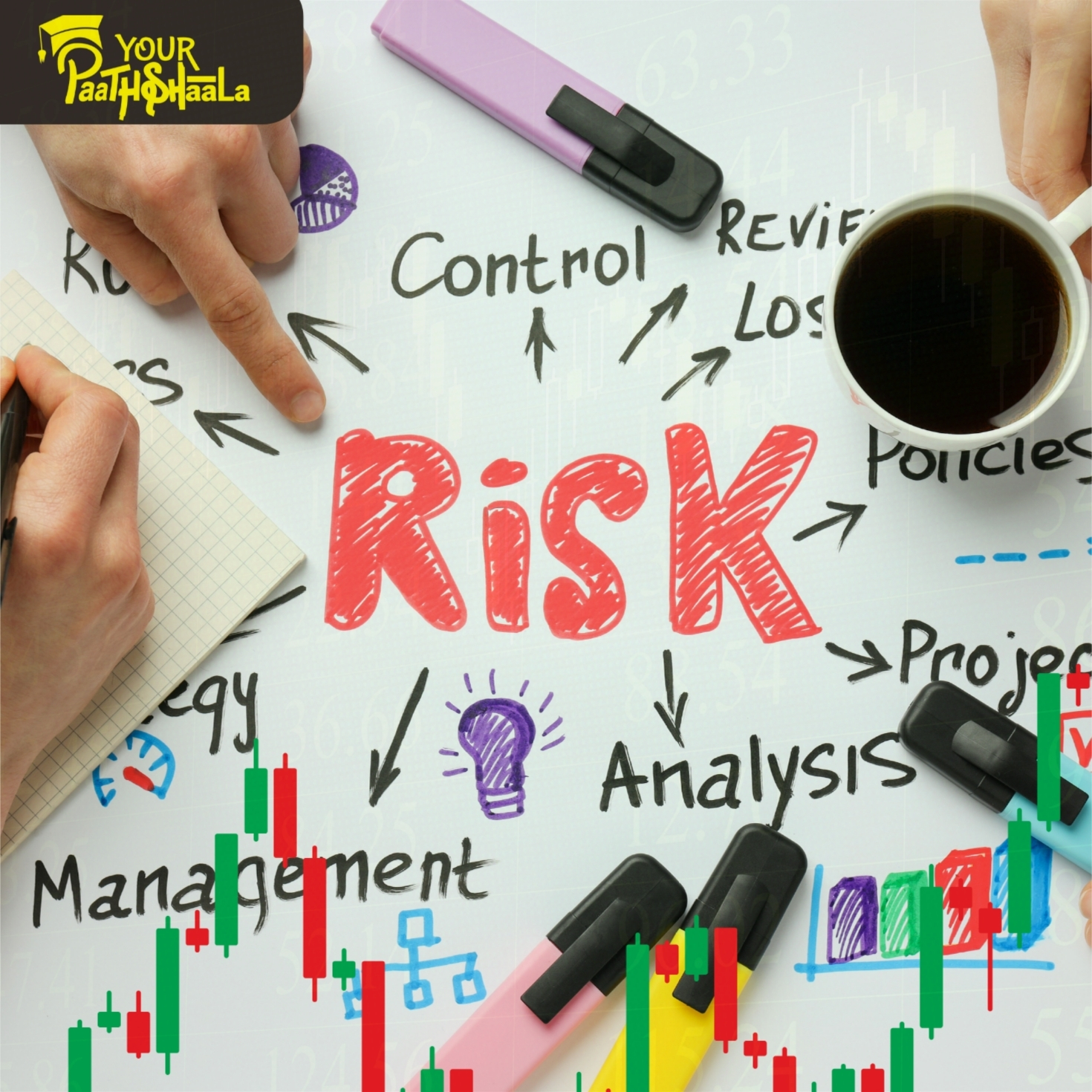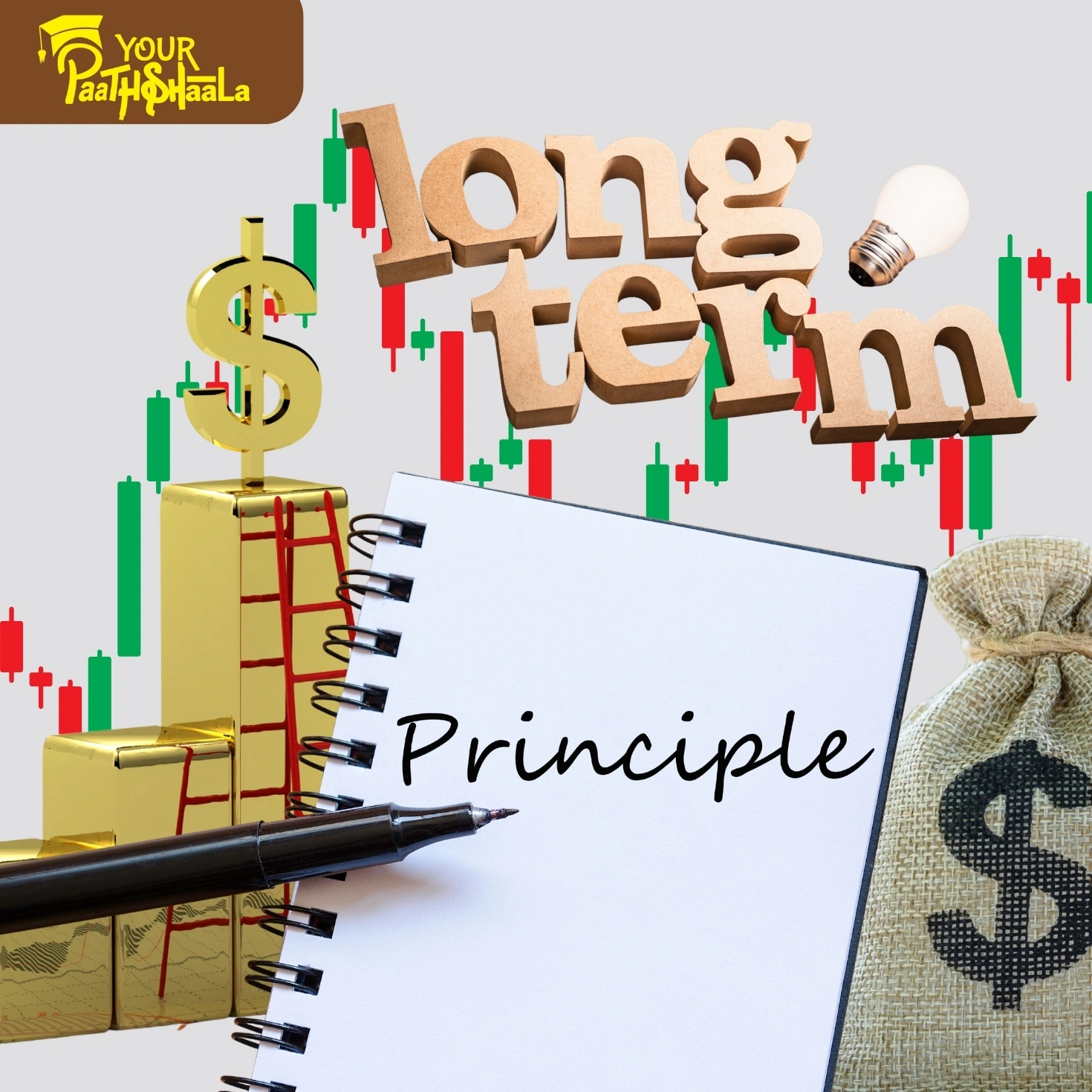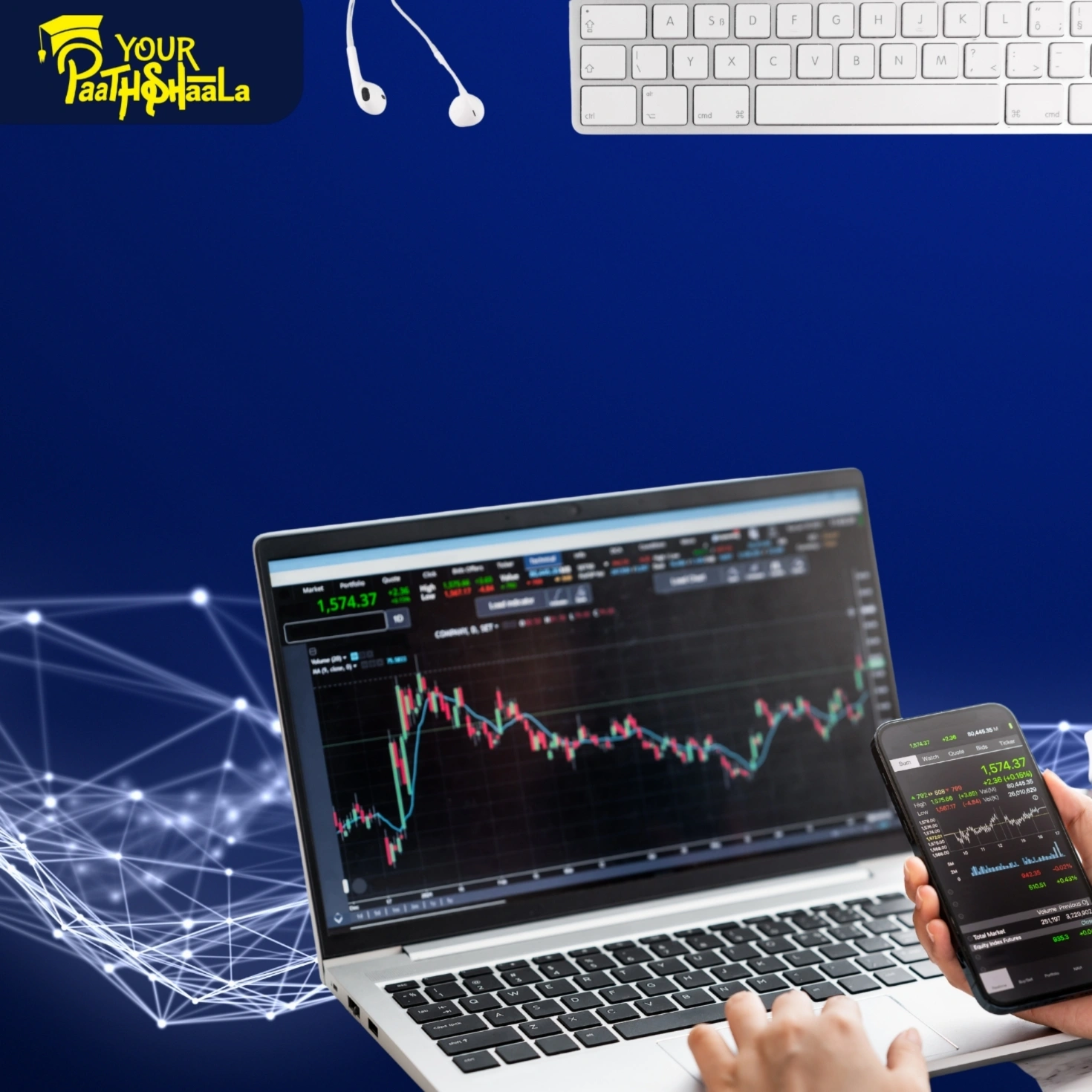Currency and International Markets: Learn How Money Moves Across Borders in 2025
The flow of money across borders shapes global markets, influencing investments through currency strength, foreign investment flows, and commodity price changes. As of September 19, 2025, understanding these dynamics is crucial for navigating international opportunities. This 2000-word guide simplifies these concepts with three core principles: strong currencies benefit importers, weak currencies boost exporters, and global money movements create investment opportunities. Offering actionable insights for beginners and seasoned investors, this guide helps you master international markets. Ready to learn how money moves globally? Let’s dive into currency and international markets.
What are Currency and International Markets?
Currency and international markets involve the interplay of exchange rates, foreign capital flows, and commodity prices, which drive economic and investment outcomes. A strong local currency lowers import costs but challenges exporters, while foreign investment flows shift market sentiment, and commodity prices impact resource-driven economies. With global markets facing volatility (VIX at 18, per CBOE) and currency fluctuations costing investors 10% of returns in 2024, per Bloomberg, mastering these dynamics is essential for resilient portfolios in 2025’s complex financial landscape.
Key Strategies for Navigating Currency and International Markets
To excel in international market investing, focus on three key strategies: leveraging currency strength, capitalizing on foreign investment flows, and understanding commodity price impacts. Below, we explore each in detail.
1. Leveraging Currency Strength: Strong Currency = Cheaper Foreign Goods
A strong local currency, like a rising U.S. dollar (DXY up 5% in 2024, per Bloomberg), reduces import costs, benefiting consumers and importers but challenging exporters. For example, a strong dollar boosted U.S. consumer stocks like Walmart in 2024.
How to Leverage Currency Strength
Invest in ETFs like XLY (consumer discretionary) or VCR (Vanguard Consumer Discretionary) during strong currency periods.
Monitor exchange rates via Bloomberg Terminal or XE.com for currency strength signals.
Research import-heavy sectors like retail or tech for investment opportunities.
Diversify across currency-sensitive ETFs (HEFA) and stable assets like bonds (BND) to balance risks.
Currency strength offers opportunities but is volatile, so pair with diversified investments.
2. Capitalizing on Foreign Investment Flows: Shifting Market Sentiment
Foreign investment flows, such as portfolio inflows to emerging markets ($200 billion in 2024, per IIF), drive market sentiment and asset prices. For instance, capital inflows boosted emerging market ETFs like IEMG by 12% in 2024, per Morningstar.
How to Capitalize on Foreign Investment Flows
Allocate to ETFs like EEM (MSCI Emerging Markets) or VWO (Vanguard Emerging Markets) during high inflows.
Track foreign investment data via IIF reports or Bloomberg for market signals.
Research countries with strong capital inflows, like India or Brazil, for opportunities.
Diversify across global ETFs (VEU) and defensive sectors like utilities (XLU) to manage volatility.
Investment flows drive growth but face sudden reversals, so monitor global capital trends.
3. Understanding Commodity Price Impacts: Resource-Rich vs Resource-Poor Economies
Commodity price changes, like oil’s 10% rise in 2024, per EIA, benefit resource-rich economies (e.g., Canada) but challenge resource-poor ones (e.g., Japan). These shifts create distinct investment opportunities in commodity-driven markets.
How to Understand Commodity Price Impacts
Invest in commodity ETFs like DBC (Invesco DB Commodity) or energy ETFs (XLE) during price spikes.
Monitor commodity trends via EIA or Bloomberg for resource market signals.
Research resource-rich economies or companies like ExxonMobil for targeted investments.
Diversify across commodity and non-commodity assets like bonds (AGG) to balance risks.
Commodity prices create opportunities but are volatile, so integrate with broader strategies.
Risks and Challenges in Currency and International Markets
Navigating currency and international markets offers opportunities but comes with challenges:
Currency Volatility: Exchange rate swings (DXY up 5% in 2024, per Bloomberg) impact returns.
Geopolitical Risks: Trade tensions or sanctions disrupt investment flows.
Commodity Fluctuations: Price volatility affects resource-driven investments.
Market Volatility: Global markets swing (VIX at 18, per CBOE), complicating strategies.
To mitigate risks, diversify across assets, monitor global events, and use reliable data. Professional guidance can optimize execution.
Tools and Resources for Currency and International Markets
To excel in international market investing, leverage these tools:
Currency Platforms: Use XE.com or Bloomberg Terminal for exchange rate data.
Investment Platforms: Access ETFs via Vanguard or Fidelity for global exposure.
Analytics Tools: Leverage IIF, EIA, or Morningstar for investment flow and commodity insights.
Educational Resources: YourPaathshaala offers practical lessons and free demo classes.
These tools, paired with disciplined research, can enhance your international investing strategy.
Why Currency and International Markets Matter in 2025
As of September 19, 2025, currency and international markets are critical amid global volatility. Currency missteps and poor international picks cost investors 10% of returns in 2024, per Bloomberg, while globally diversified portfolios outperformed by 7%, per Morningstar. With economic pressures (3.5% CPI, per FRED) and market volatility (VIX at 18, per CBOE), understanding currency, investment flows, and commodities is essential for smarter, resilient investing in 2025.
Getting Started with Currency and International Markets
Ready to navigate global money movements for smarter investing? Follow these steps:
- Learn Global Dynamics: Study currency strength, investment flows, and commodity impacts.
- Choose a Platform: Select a broker with global ETFs and currency analytics tools.
- Start Small: Test strategies with a small, diversified international portfolio.
- Diversify: Spread investments across global markets, commodities, and stable assets.
- Seek Education: Join YourPaathshaala’s free demo classes for practical lessons, located near Anjali Children Hospital, Tagore Nagar, Mathpurena, Raipur, Chhattisgarh, PIN code: 492001.
Conclusion
Mastering currency and international markets—through leveraging currency strength, capitalizing on investment flows, and understanding commodity price impacts—empowers investors to seize global opportunities in 2025. By following simple principles—strong currencies aid importers, weak currencies boost exporters, and global money movements shape investments—you can build resilient portfolios. Despite challenges like currency volatility or geopolitical risks, diversified strategies and reliable tools can lead to success. Explore these concepts with YourPaathshaala’s clear, practical lessons and free demo classes to address your doubts.
Visit YourPaathshaala
Near 🏥 Anjali Children Hospital, Tagore Nagar, Mathpurena, Raipur.
📫 PIN code: 492001, Chhattisgarh
📞 Click the Call Now to contact us!






